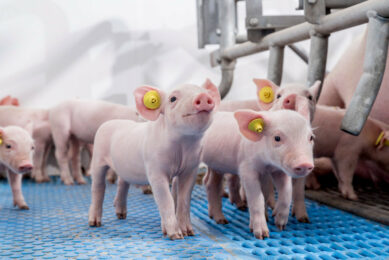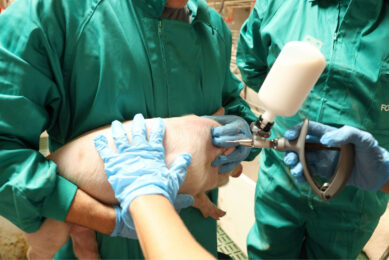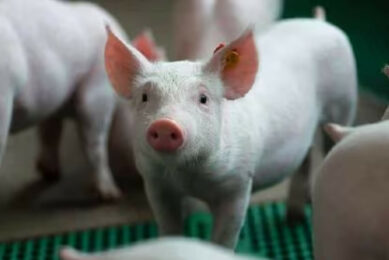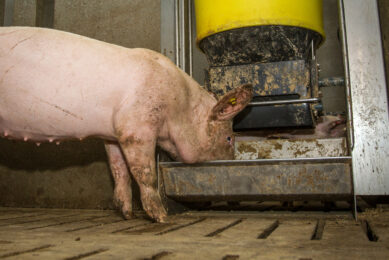US to study antimicrobial usage on swine farms
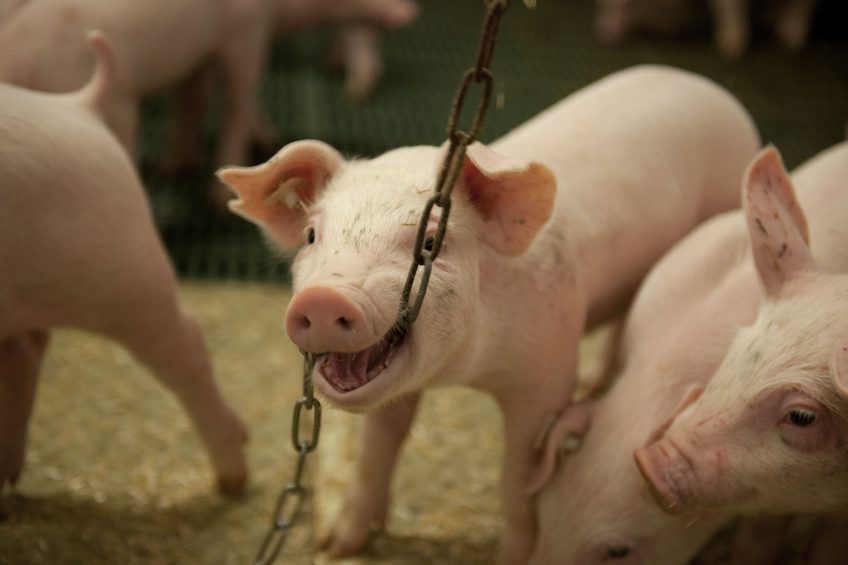
The United States Department of Agriculture (USDA) will conduct a national study focusing on how antimicrobials are being used on swine operations in the country.
The study will be carried out by the USDA’s National Animal Health Monitoring System (NAHMS), in collaboration with the National Agricultural Statistics Service (NASS). It will last from May through August 2017.
As explained in a USDA information sheet, the study represents a new data collection and reporting effort for NAHMS, intended to be repeated biennially. In particular, the study will examine antimicrobial use and stewardship practices on swine nursery and grower-finisher facilities with a capacity of at least 1,000 head.
Background of antimicrobial reduction plan
The USDA Antimicrobial Resistance Action Plan, released in 2015, recommended that USDA agencies perform enhanced monitoring of antimicrobial use in food-producing animals.
In addition, beginning on 1 January 2017, the Food and Drug Administration (FDA) initiated policy changes regarding the use of antimicrobials in food-producing animals. These changes included:
1. Eliminating the use of medically important antimicrobials for growth promotion purposes in food-producing animals, and
2. Requiring veterinary oversight for use of medically important antimicrobials in animal feed or water.
Gathering information on antimicrobial-use practices
The study, called ‘NAHMS Antimicrobial Use on US Swine Operations, 2017’, will gather information on antimicrobial-use practices in2016, before implementation of FDA policy changes.
Specific objectives of the study are:
• Describe antimicrobial-use practices in feed and water on production sites with a capacity of at least 1,000 weaned market pigs;
• Estimate the percentage of production sites using and the percentage of weaned market pigs receiving specific antimicrobials in feed and/or water by reasons for use;
• Provide baseline data on antimicrobial-use practices in place before implementation of FDA policy changes. This baseline can be used for evaluating trends over time;
• Describe antimicrobial stewardship practices on production sites with weaned market pigs.
13 US swine states involved
Swine nursery and grower-finisher operations with an inventory of at least 1,000 head in 13 major swine states, including of course Iowa, Nebraska, Illinois, Indiana and North Carolina to name a few. They will be contacted and asked to provide information on antimicrobial use and stewardship practices. No biologic testing will be performed.
The timeline for the study will be as follows:
• In May 2017, representatives from NASS will contact swine operations to inquire about their interest in participating in the study. NASS’ role will be to obtain producers’ consent for study participation.
• Beginning July 2017, swine producers who agreed to participate in the study will be contacted by APHIS personnel to schedule an in-person interview, which will be conducted by an APHIS veterinarian.
• Data collection will end in August 2017.
How the US pork industry will benefit
The US swine industry will benefit from the study in various ways, the information sheet informed. Firstly, information on antimicrobial-use practices will provide transparency to consumers and others regarding why antimicrobials are used in swine feed and/or water.
Secondly, information will also be provided on the percentage of operations using specific antimicrobials in swine feed and/or water.
Lastly, information from this study will provide a national snapshot of antimicrobial stewardship practices, such as record-keeping related to antimicrobial use and whether a veterinarian was consulted when making the decision to use antimicrobials.




